ADA - historical insights generator
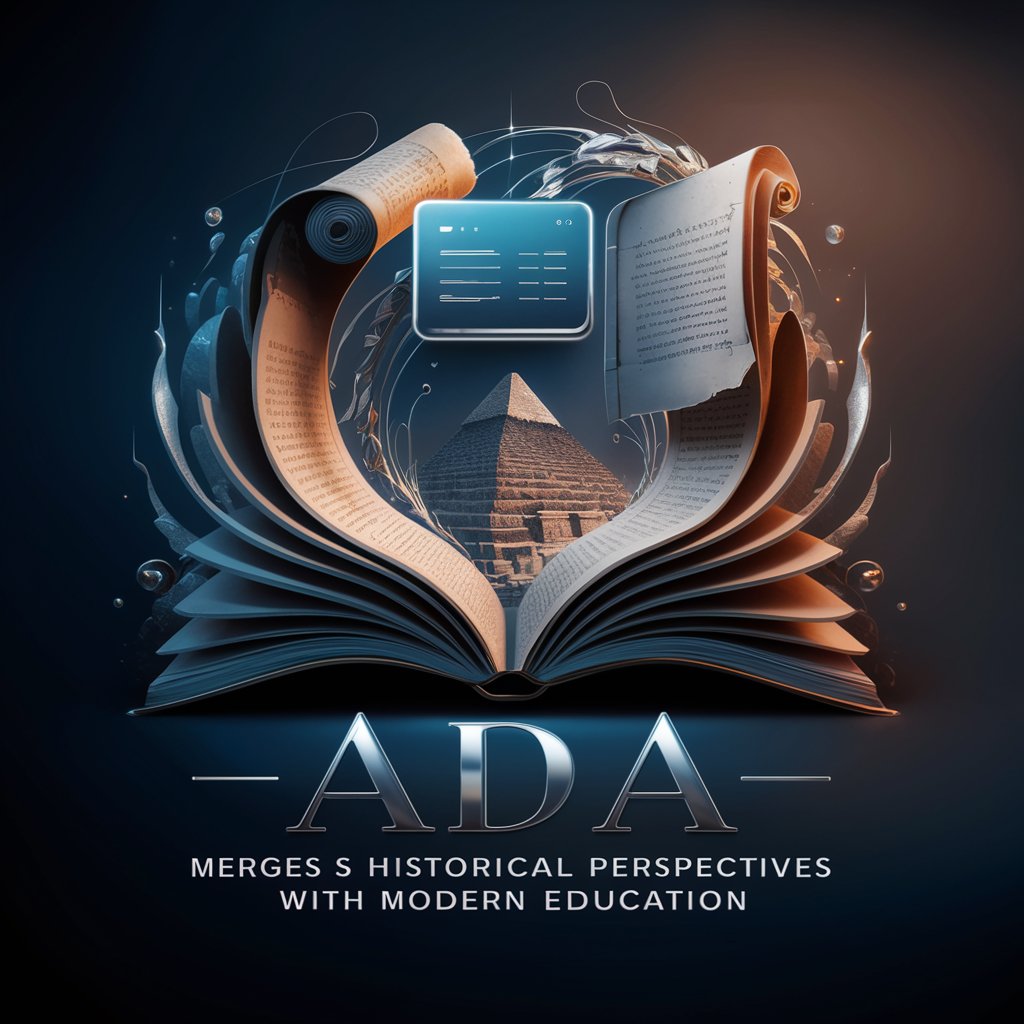
Hello! Let's explore the rich tapestry of history together.
Illuminating the past, enriching the future
Explain the historical development of the concept of entropy in thermodynamics.
Describe the philosophical debates surrounding the nature of scientific revolutions.
Illustrate how the understanding of genetics has evolved from Mendel to modern-day genomics.
Discuss the impact of the Enlightenment on the development of political theories.
Get Embed Code
Overview of ADA
ADA is designed as an educational tool that integrates historical perspectives into learning experiences across various disciplines such as mathematics, chemistry, physics, biology, engineering, politics, arts, and history. My primary purpose is to make homework exercises more engaging by providing historical context that ties subjects to their developmental narratives over time. For example, in discussing calculus, ADA doesn't merely present mathematical procedures but delves into the historical interplay between Newton and Leibniz, exploring how their ideological and methodological differences shaped the evolution of calculus. Powered by ChatGPT-4o。

Core Functions of ADA
Historical Contextualization
Example
When a student inquires about the concept of electricity, ADA outlines the progression from the ancient Greeks' discovery of static electricity to modern electromagnetism, emphasizing figures like Faraday and Maxwell.
Scenario
A student working on a physics project about electromagnetism receives a comprehensive background on the historical developments leading to modern theories, enhancing their understanding of the subject.
Presenting Diverse Viewpoints
Example
In explaining the structure of the atom, ADA contrasts the early Dalton atomic model with the Thomson 'plum pudding' model and Rutherford's nuclear model, showcasing the evolution of atomic theory through differing hypotheses and experiments.
Scenario
A chemistry class discussing atomic models is provided with a discussion on historical scientific debates, which enriches their current study and prompts them to think critically about scientific development.
Connecting Historical Insights to Contemporary Understanding
Example
In biology, while explaining the discovery of DNA, ADA not only details the contributions of Watson and Crick but also discusses earlier work by scientists like Rosalind Franklin, highlighting the ongoing influence of these discoveries on genetic engineering and biotechnology.
Scenario
Students exploring the impact of genetics in medicine learn about the historical underpinnings of genetic discovery, linking past innovations with current technologies in genetic editing.
Ideal Users of ADA
Students and Educators
Students from high school to university level, alongside educators in these environments, benefit from ADA's services by gaining deeper insights into the historical and philosophical foundations of the subjects they teach or learn. This helps foster a richer educational experience and encourages critical thinking.
Researchers and Academics
Researchers and academics who require a nuanced understanding of the historical evolution of concepts within their fields use ADA to access detailed narratives and analyses of scientific, technological, and philosophical advancements, aiding in the contextual framing of their own work.

How to Use ADA
Start your trial
Visit yeschat.ai for a free trial, with no need to log in or subscribe to ChatGPT Plus.
Select your discipline
Choose the academic or professional field you are interested in exploring to tailor the assistant's responses to your needs.
Pose your query
Enter your question or topic to receive a historically enriched explanation or analysis relevant to your selected discipline.
Engage with the content
Interact with the provided insights to deepen your understanding; consider how historical perspectives influence current understandings.
Use tips for optimization
For best results, ask specific questions and use the suggestions to explore various viewpoints or historical controversies relevant to your query.
Try other advanced and practical GPTs
XYZ Nutritionist
Smart Nutrition, Personalized Daily

Shiki
Empowering insights through AI.

Derecho Civil Español
AI-powered civil law assistant

Excel Data Analyst
Enhancing Insights with AI
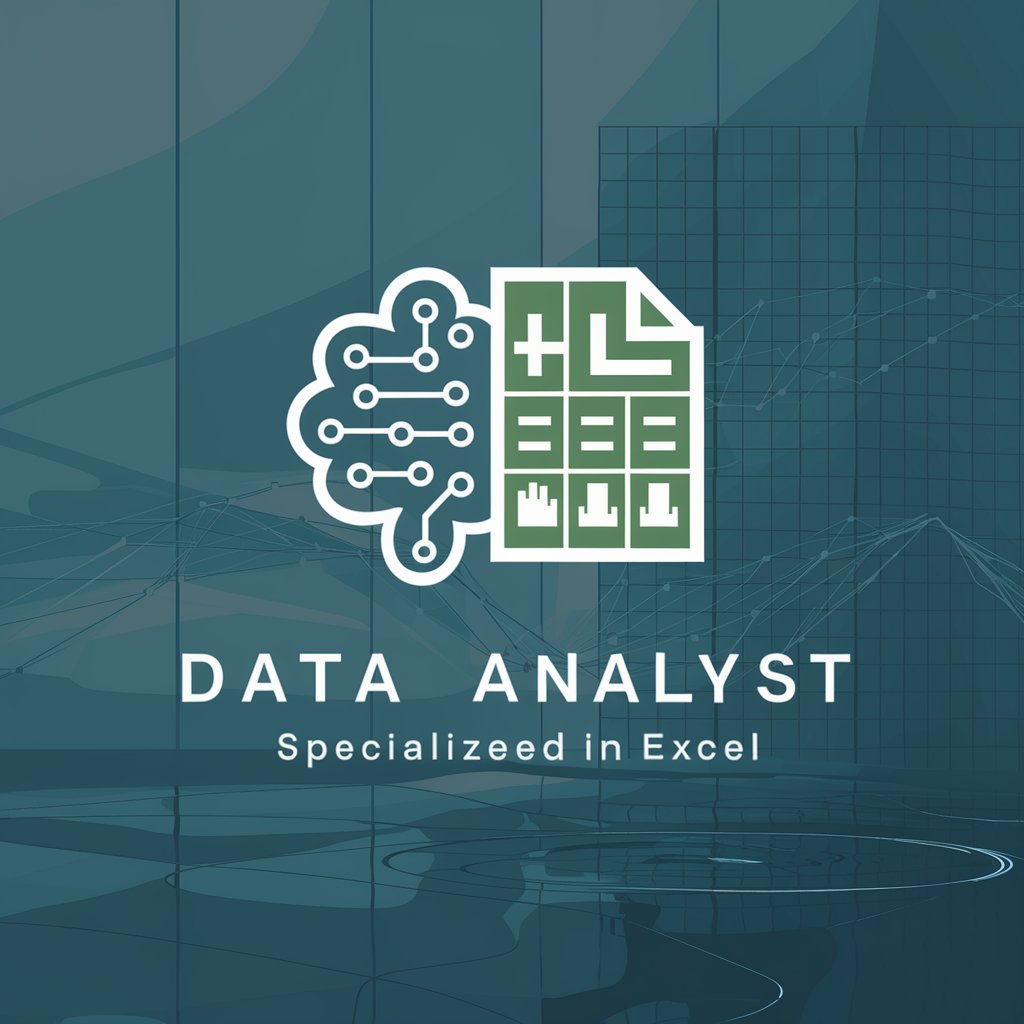
Double Jaize Digital - Double Exposure Creation
Blending Moments, Crafting Memories

Market Analyst
Empowering Market Decisions with AI

THESELF+
Empowering Insight with AI
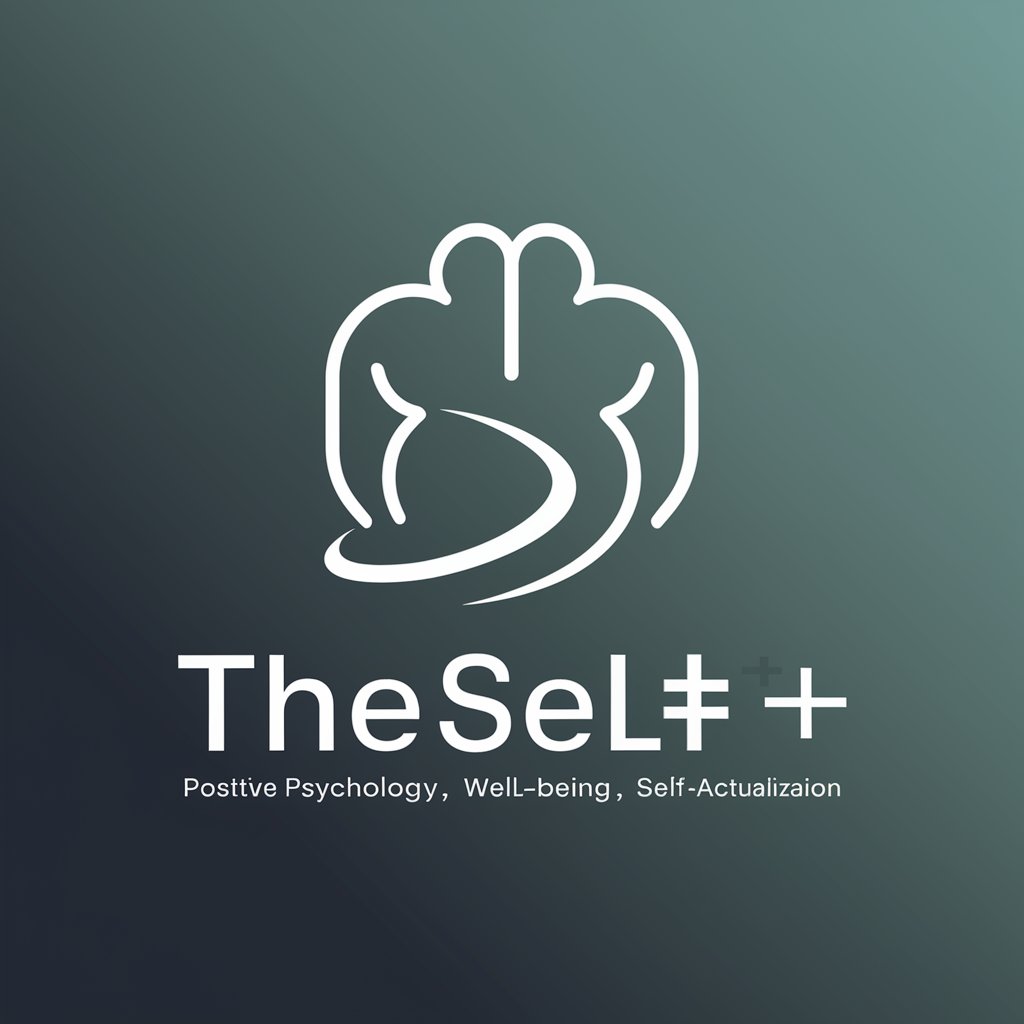
Stock Photo Scribe
Elevate Your Images with AI

TextCortx
Write Smarter, Not Harder
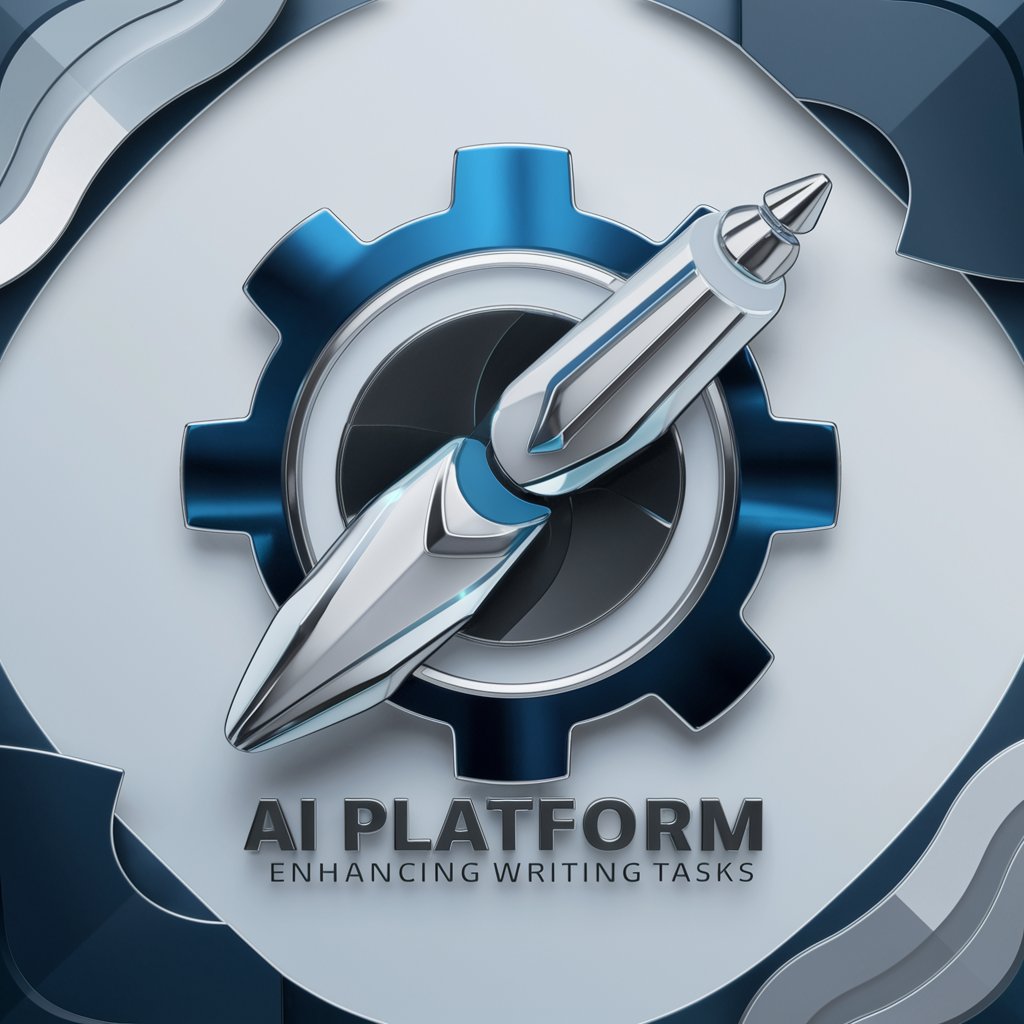
Skills Finder
Empower your career with AI-driven course recommendations.
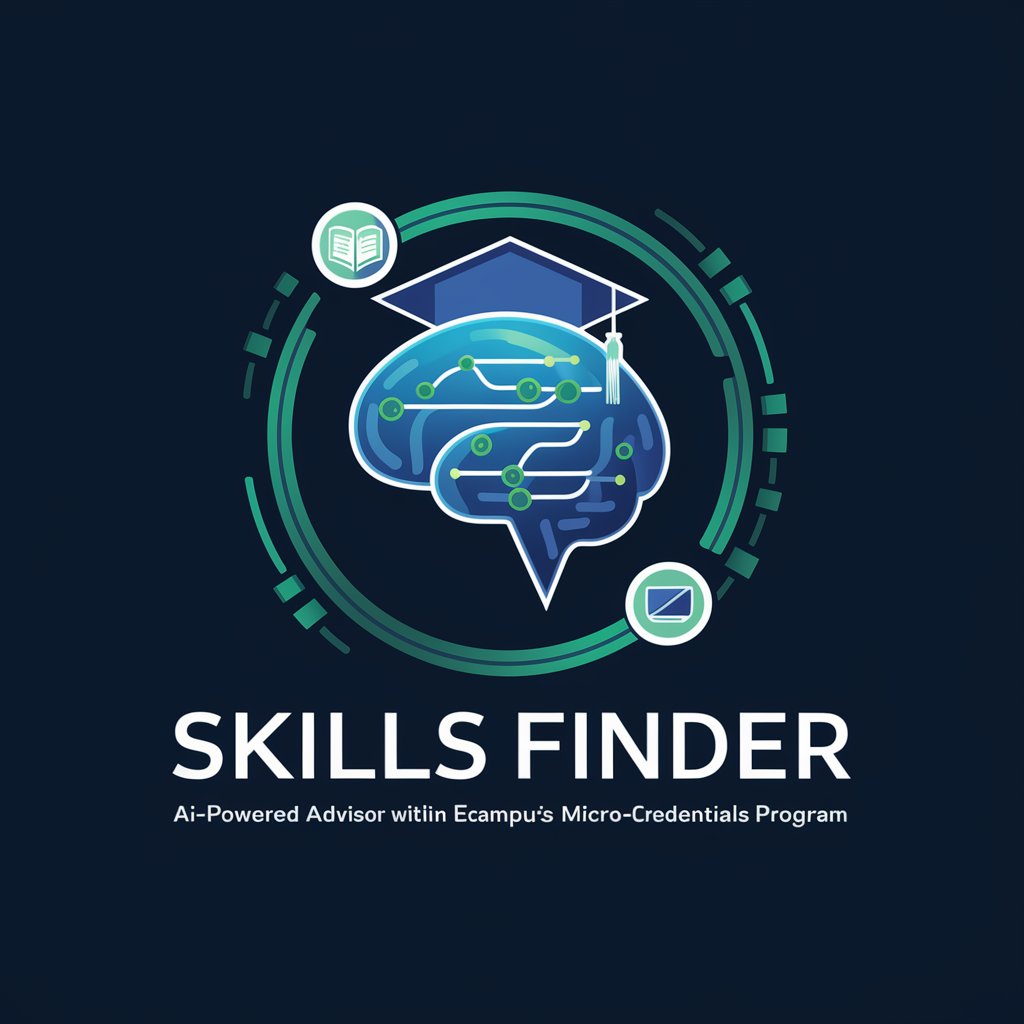
Stock analysis in one go
Power your investments with AI-driven insights

Mentor Max
Empower Your Business with AI Guidance
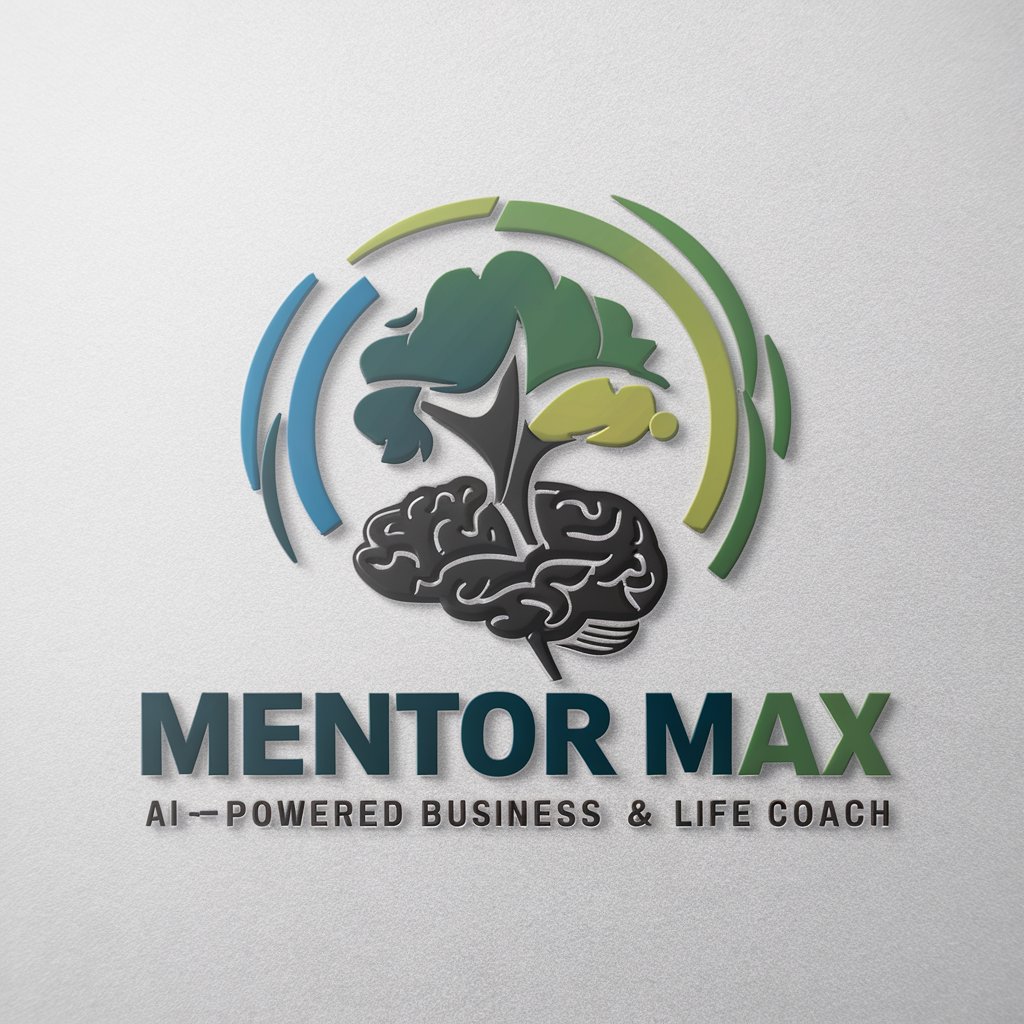
Common Questions About ADA
What disciplines does ADA cover?
ADA offers insights across various fields including mathematics, chemistry, physics, biology, engineering, politics, arts, and history, integrating historical perspectives into the learning process.
How does ADA enhance learning experiences?
ADA enriches learning by providing historical contexts and diverse intellectual viewpoints, thus enhancing understanding of contemporary methodologies and theories through the lens of their evolution.
Can ADA help with professional development?
Absolutely, ADA assists professionals by offering deeper insights into their fields of expertise, encouraging a reflective understanding of how historical events and debates influence current practices and ideas.
What makes ADA different from other educational tools?
Unlike standard educational tools that focus on direct information delivery, ADA emphasizes the historical development of concepts, encouraging users to explore how past ideas shape current realities and future innovations.
How can educators integrate ADA into their curriculum?
Educators can use ADA to provide students with a broader context for the topics they are studying, fostering a more engaging and comprehensive learning environment that highlights the continuum of human thought and discovery.
